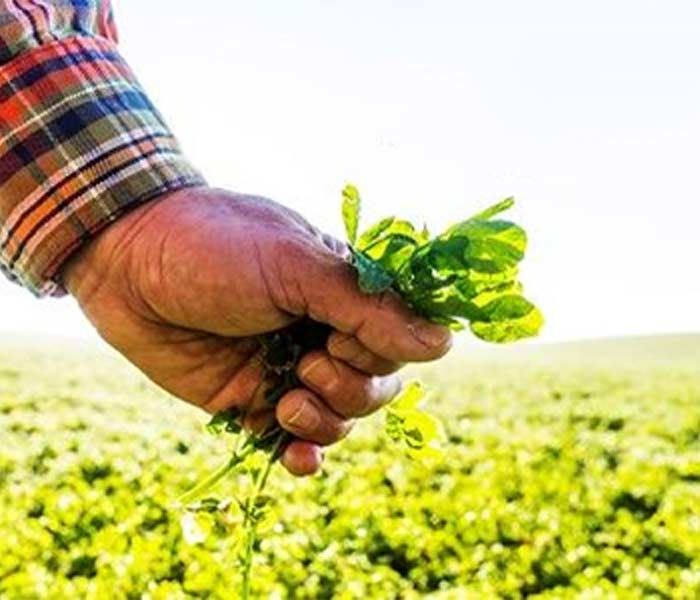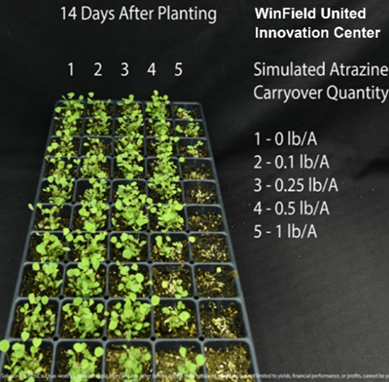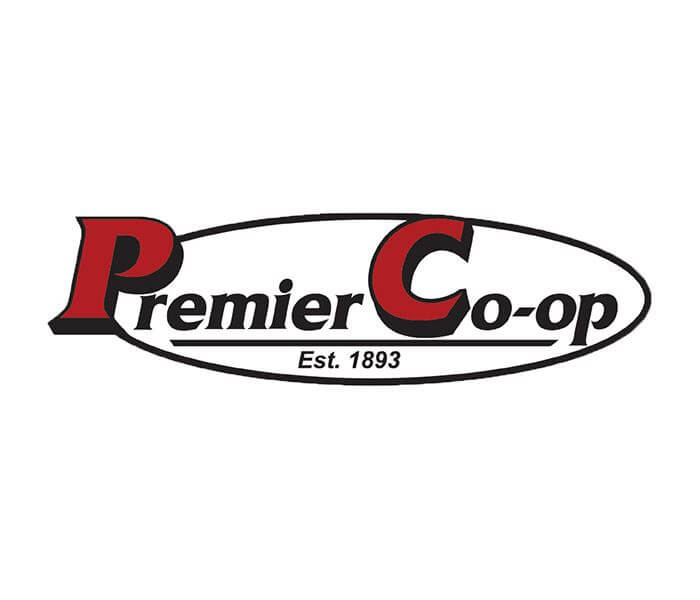Alfalfa Management Topics
As we round the corner on winter, spring alfalfa planting is just around the corner. Here are some key strategies and tips our Premier Cooperative forage team recommends for success in the next few weeks as you plan for the upcoming season.
- Select the right alfalfa varieties for your acres, such as HVX MegaTron®, RR AphaTron 2XT®, LegenDairy AA®, and Rebound AA®, keeping disease resistance and yield potential top of mind.
- Maintain optimal soil fertility for yield and quality.
- Pay attention to previous crop chemistry.
- Understand the importance of seed treatments.
- Develop a season-long management plan.
Herbicide Carryover
- Herbicide carryover from new residual herbicides (Groups 4, 27, and 14) used on previous crops can result in poor alfalfa establishment, weak stands, stunted growth, or stand failure.
- Forage Specialist and National Alfalfa Agronomist, Randy Welch, offers his insights to the ongoing issue in this article
- This video from Winfield United Forage Specialist, Jeff Jackson, provides a quick guide of avoiding herbicide carryover in alfalfa.
- Rotation restrictions for commonly used herbicides can be
found here
Checklist for preventing herbicide carryover in alfalfa:
DO:
- Review previous herbicide applications and the rotational crop considerations.
- Review all the active ingredients in the premixes, not just brand name.
- Read and follow the label directions including footnotes.
- Plan ahead and develop a herbicide plan that includes alfalfa production.
- Always plan for the unexpected if winter damage occurs.
DON'T:
- Rely on increased rainfall to decrease herbicide carryover.
- Expect a reduced application rate to decrease herbicide residual time.
- Apply herbicides later than specified on the label, as this may increase residual risks.
- Assume tillage will eliminate herbicide residual activity.
Optimum soil test recommendations before seeding alfalfa:
- pH: 6.8-7.2
- Phosphorus: 15-20 ppm
- Potassium: 150-200 ppm
- Boron: 1 ppm
- Sulfur: 20-25 pounds
Fill out the form below to contact a Premier agronomist and learn how to have a successful spring alfalfa planting.
Casey Michek
Crop Production Specialist





